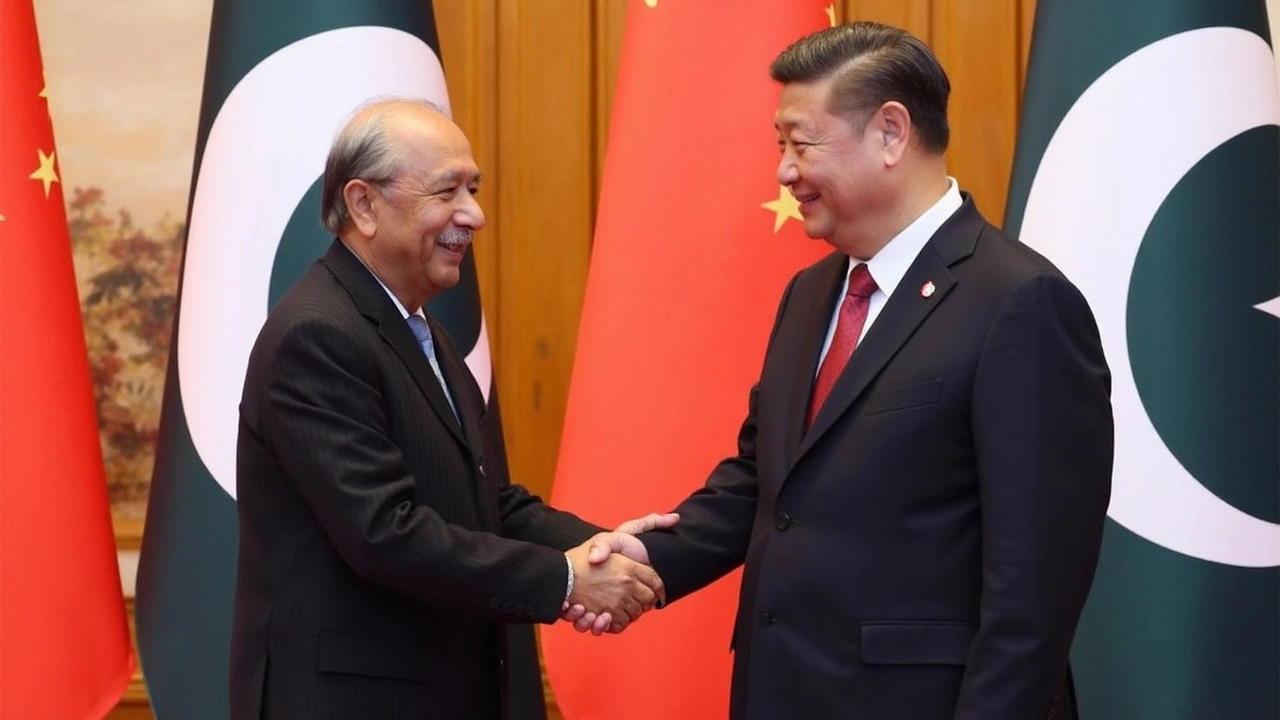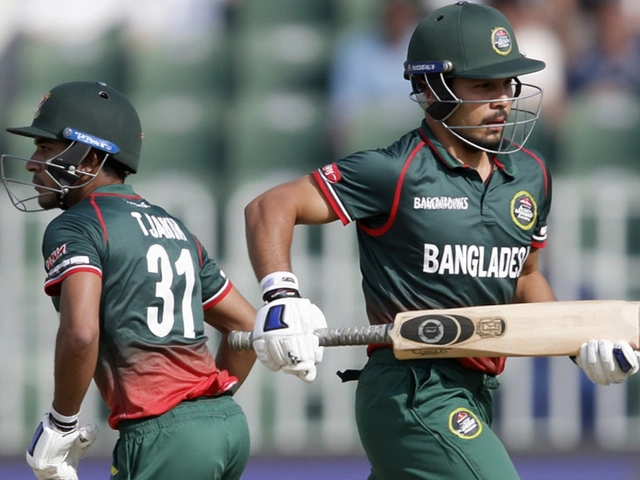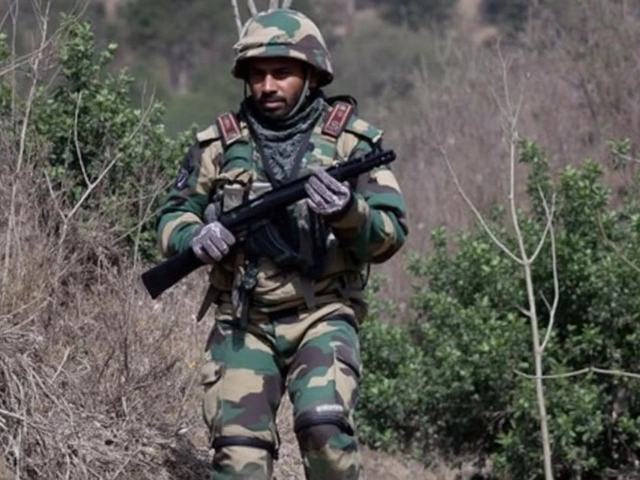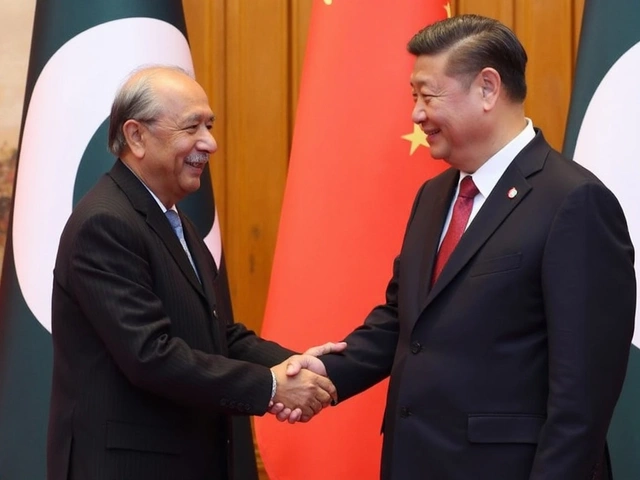Pakistani President Puts Kashmir on the Agenda in High-Stakes Beijing Meeting with Xi Jinping

Pushing Kashmir to the Forefront in Beijing
It’s not often you see the issue of Kashmir placed front and center during a major diplomatic visit, but that’s exactly what happened when Pakistani President Asif Ali Zardari landed in Beijing in early February 2025. Zardari sat down with Chinese President Xi Jinping, Premier Li Qiang, and National People's Congress Chairman Zhao Leji, and he didn’t sugarcoat things. He directly urged China to support Pakistan’s position on the long-standing Kashmir dispute—a subject that’s caused plenty of tension between Pakistan and India and has international players treading carefully.
China didn’t shrink from the discussion. Their leaders, sticking with their traditional line, called Kashmir a ‘leftover from history’ that needs a peaceful fix—specifically, one that follows the UN Charter, Security Council resolutions, and whatever deals exist between India and Pakistan. Xi and his team took care not to take sides openly but did emphasize that all disputes should be sorted through real dialogue, not by force. China also made a point to defend Pakistan’s sovereignty and territorial integrity, clearly disapproving of any one-sided moves in Kashmir or the broader region.
Strengthening Defense and Broader Ties
This visit wasn’t just about diplomatic statements or photo ops. Zardari and his Chinese hosts agreed to supercharge their defense and military partnership. We’re talking joint exercises, technology exchanges—potentially including advanced defense gear—and regular high-level meetings between military brass. It’s all part of the ‘all-weather strategic partnership’ that both countries like to highlight whenever regional security heats up.
Zardari’s trip coincided with the opening of the Ninth Asian Winter Games, which both governments leveraged as proof of their blooming friendship—not just in politics and defense, but in sports and culture too. The timing helped Zardari get extra face time with Chinese leaders, making this visit more than just a checkbox on the diplomatic calendar.
The joint statement at the end wasn’t shy about what matters most: peace in South Asia and resolving disputes with conversation, not confrontation. It’s a balancing act for China. They’re Pakistan’s top ally, and their words carry big weight in the region. But they also don’t want to set off alarm bells in India or push things toward real conflict. That’s why we get these carefully worded commitments—nudging for UN-based solutions, supporting sovereignty, and repeating that everyone should stay at the table.
Zardari’s visit, with its focus on Kashmir and security cooperation, could shape how Islamabad and Beijing tackle South Asian tensions in the coming year. One thing’s clear: the close ties between these two countries aren’t just about diplomacy—they have real consequences for the region’s power dynamics and the future of Kashmir itself.


